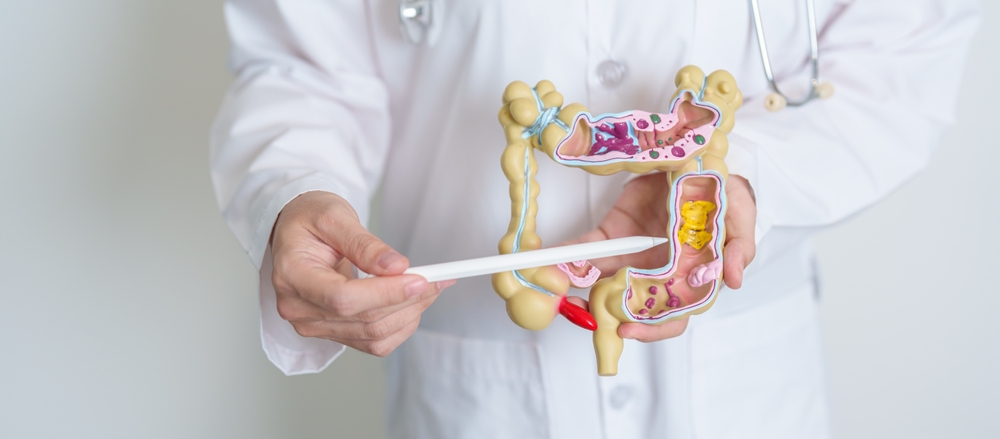7 Symptoms You Need to Know to Prevent Cancer.
Others are reading now
While colon cancer polyps often have no symptoms—especially in the early stages—there are certain warning signs you should be aware of… plus one common myth about polyps.
“Not all colon polyps are cancerous, but all colon cancers start as polyps, so everyone should be aware of them and get screened regularly,” says Fola May, a gastroenterologist and an assistant professor of medicine at the David Geffen School of Medicine at UCLA.
What Are Polyps?
Colon polyps are growths that appear on the inner lining of the colon (large intestine) or rectum. Polyps vary in size and shape, ranging from small, flat bumps to larger, mushroom-shaped ones.
Also read
“They are quite common: It is estimated that 15% to 40% of adults have polyps, and people who have them generally have more than one,” adds Dr. May.
Polyps can be benign (non-cancerous) or malignant (cancerous). Only a percentage of polyps will become cancerous—and of those that do, it takes years to become cancerous.
7 Colon Polyp Symptoms
Dr. May emphasizes that most people do not show symptoms of polyps, especially in the early stages, but adds that as they grow, they can cause some symptoms. If you experience any of these, it could indicate colon polyps, cancer, or another gastrointestinal problem and justify a doctor’s visit.
-
Blood in your stool or bleeding from the rectum Seeing bright red blood in your stools, in the toilet after a bowel movement, or on toilet paper after wiping could be bleeding from an irritated polyp. This is the most common symptom of larger colon polyps.
-
Anemia Polyps, especially those that have grown, can cause bleeding. Over time, this blood loss can lead to anemia or a low red blood cell count. You might feel tired, or your doctor might notice it during a routine blood test.
-
Appearance of diarrhea or constipation Any new changes in bowel movements that last more than a week are concerning, says Dr. May. These may include diarrhea or constipation or a change in the consistency and shape of the stool. “Pencil-thin stools—long and narrow—are a sign of colon cancer, especially if it occurs suddenly,” she says.
-
Unexplained weight loss Weight loss without trying is one of the hallmark signs that colon polyps have progressed to a later stage of colon cancer. As they grow, they can obstruct the absorption of nutrients in the colon, causing unexplained weight loss.
-
Abdominal pain or discomfort By itself, this symptom can have many causes…but if you feel continuous cramps or pain in your abdomen along with other symptoms on this list, it may indicate colon polyps. This can range from mild discomfort to severe pain.
-
Fatigue and weakness Anemia caused by polyps often leads to fatigue, exhaustion, and a general feeling of weakness. If you experience this symptom along with others on this list—especially bleeding from the rectum—call your doctor immediately.
-
Difficulty breathing Always feeling short of breath or unable to breathe deeply during normal activities is another side effect of anemia due to blood loss.
-
The Myth: You Can Feel Them There’s a common myth that if a polyp gets big, you’ll be able to feel it either by sensing pulsing in your stomach area or by inserting your fingers into your rectum. This is not true, and you will not be able to feel polyps from the outside, says Dr. May.
If you do feel a lump, it’s more likely to be a hernia, hemorrhoids, or your normal internal organs. This is more of a non-symptom—but the myth is so common that we need to include it,” concludes Dr. May.


